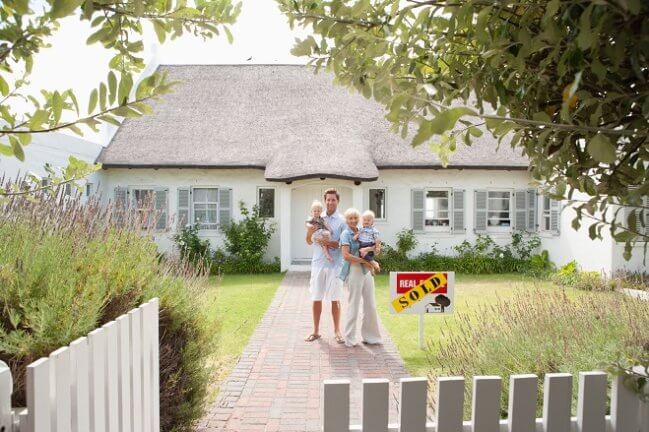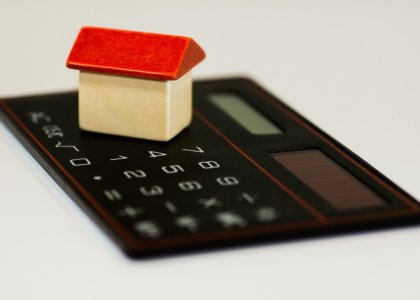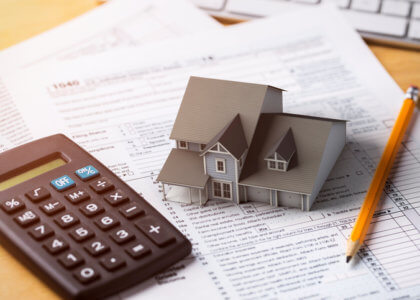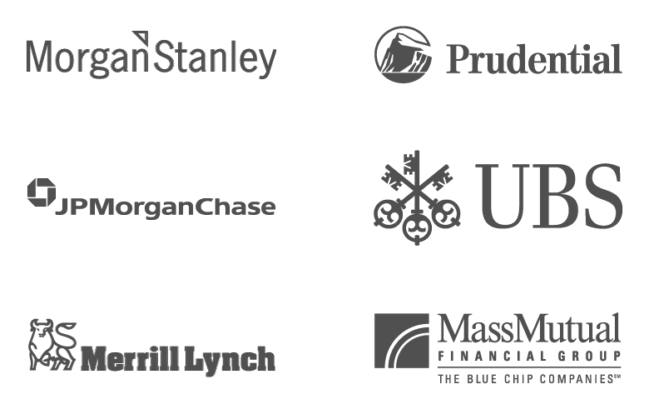Are mortgages as American as apple pie? It seems so. According to MarketWatch, financial institutions in the U.S. hold around $10 trillion of mortgage debt on family residences. Given this number, perhaps it’s not surprising to learn many of us have not one, but two home loans. Below, we list some second home mortgage pros and cons.
Understanding How Second Home Mortgages Work
A second home mortgage is a loan that’s usually taken out in order to:
- consolidate debts
- finance home improvement
- covers part of the down payment to avoid paying private mortgage insurance (PMI)
Second mortgages often carry higher interest rates than the first one did. That’s because if you default on it, the first mortgage holder gets paid first when your property’s eventually sold. Your home’s equity or the difference between the property’s value and how much you still owe on it determines your second mortgage amount.
Let’s take a closer look at some second home mortgage risks and rewards.
Possible Second Home Mortgage Risks
- Foreclosure. Using secured debt to pay off unsecured loans or regular living expenses can backfire. When you take out a second mortgage, you’ve offered up your house as collateral to the lender. That means if you stop making payments, they can foreclose and repossess it. Because you need a place to live, it is not wise to take out a second mortgage to pay for regular living expenses. It’s just too risky.
Consider this: After the 2008 Financial Crisis, nearly 40% of homeowners taking out second mortgages were underwater on their loans. This was twice the rate of those who didn’t take out secondary home loans.
2. One word: fees. You must pay cash for several things required to secure that second mortgage loan. Appraisals, closing costs, credit checks, and other fees are typical, and they can easily total up to more than $10,000. Second mortgages (much like your primary loan) are more expensive than you might think — even so-called “no closing cost” versions. If you don’t pay cash up front for those fees, they get rolled into higher monthly mortgage payments after closing.
Many factors affect the interest rate you’ll pay for your second home mortgage, including:
- Market conditions
- Your credit history
- Loan terms
- Special purchase or lending offers
That’s why it’s important for you to shop around for the best interest rates and offers.
Potential Second Home Mortgage Rewards
- Pay lower interest rates than you would with a credit card. Because your second home mortgage uses your house as collateral, you’ll pay a much lower annual interest rate (APR). Credit card companies may charge you 18% or more, but a second mortgage interest rates usually in the single digits.
- Enjoy low fixed monthly payments. Because second mortgages are generally 15 years or longer, the monthly payments can low and therefore more manageable.
- Pay for home improvements before you resell. Need to make a few home improvements or fixes before putting it back on the market? A second mortgage is ideal for funding such projects. The assumption here is that you’ll be able to repay the loan quickly after you sell.
- Avoid PMI payments. If your down payment’s less than 20% of the purchase price, you’ll have to make an additional monthly PMI payment. A second mortgage lets you avoid this PMI premium payment each month.
Not sure about getting a second home mortgage? Another option could work better for you. With enough home equity, you can refinance your primary mortgage to borrow funds in excess of the current loan’s balance.




